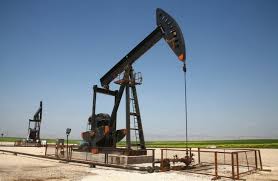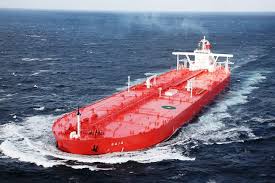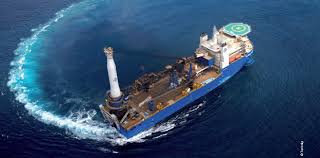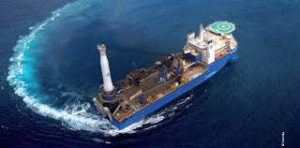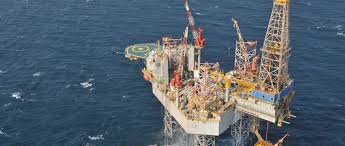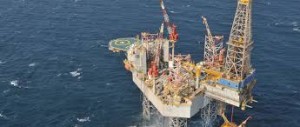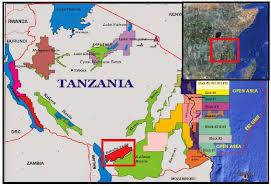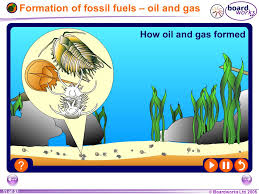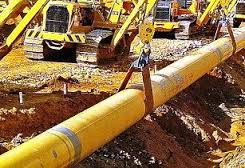“Accelerate Your Entrepreneurial Journey: A Guide to Starting a Lubricant Oil Business in Tanzania
With country’s economic growth, industrialization and expansion of automotive sector , there is
a growing demand for lubricants in various sectors, including manufacturing, construction, and transportation.
In Tanzania, the lubricant oil industry offers several business opportunities due to the growing automotive and industrial sectors.
Here are some potential opportunities:
1.Lubricant Oil Distribution:
Start a distribution business where you source lubricant oils from manufacturers and distribute them to retailers, mechanics, and industrial customers.
2.Retail Store:
Open a retail store specializing in lubricant oils and related automotive products, serving both individual consumers and businesses.
3.Oil Blending:
Invest in a lubricant oil blending facility, allowing you to create custom oil formulations tailored to specific customer needs.
4.Franchise Lubricant Brand:
Consider franchising a well-known lubricant oil brand to benefit from established brand recognition and support.
5.Mobile Oil Change Services:
Offer convenient on-site oil change services for individual vehicle owners and commercial fleets.
6.Industrial Lubrication Solutions: Provide specialized lubrication solutions and services to industrial clients, helping them optimize machinery performance and reduce maintenance costs.
7.Used Oil Recycling:
Establish a used oil recycling plant to collect, process, and recycle used lubricant oil, contributing to environmental sustainability.
8.Lubricant Oil Testing and Analysis: Offer oil testing and analysis services to help customers monitor the condition of their machinery and make informed maintenance decisions.
9.Online Sales Platform:
Create an e-commerce platform specializing in lubricant oils, making it easy for customers to order and receive products online.
10.Lubrication Consulting:
Become a lubrication consultant, advising businesses on the selection and maintenance of lubricants for their machinery.
11.Exporting:
Explore opportunities to export Tanzanian-made lubricant oils to neighboring countries, tapping into regional markets.
12:Eco-Friendly Lubricants:
Focus on eco-friendly lubricant oils, catering to environmentally conscious customers who seek sustainable products.
When pursuing any of these opportunities, it’s crucial to conduct thorough market research, establish strong supplier relationships, and ensure product quality and authenticity. Additionally, compliance with local regulations and industry standards is essential. Building a strong brand and marketing strategy will also be key to success.



